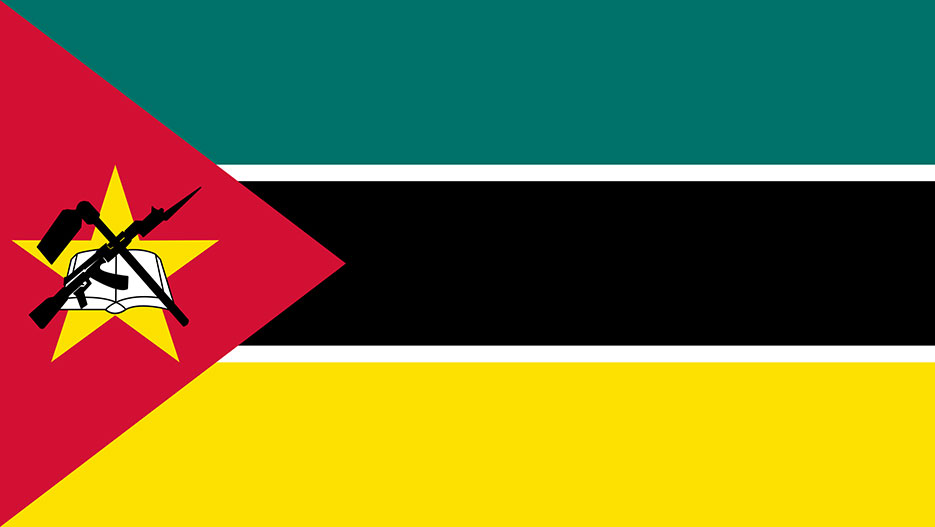Mozambique: An Economic Star Yearning for More Investments
With the war now over, Mozambique’s economy is set in motion on a path to recovery from the years of stagnation and low investor attraction it suffered within sixteen years.

With the war now over, Mozambique’s economy is set in motion on a path to recovery from the years of stagnation and low investor attraction it suffered within sixteen years.
Over the years, the governments of the day initiated various economic reforms to help the economy recover from its sluggishness. Majority of those reforms were sanctioned by the country’s donor partners and/or the two multilateral institutions, the World Bank and the International Monetary Fund (IMF). Notable among them was the privatization of state-owned enterprises.
To help inject private sector expertise into publicly-owned businesses and the economy in general, the World Bank sanctioned a widespread privatization targeted at sectors the government had a strong foot in. The move combined with other initiatives to boost growth in the services sector, especially in the telecommunications sector, while increasing investments in agriculture, energy and manufacturing. This led to a rebound in economic growth to appreciable levels.
As of 2014, the Mozambique‘s annual growth averaged 7% and is expected to remain at about 7,5% between 2015 and 2016, before rising further to 8,1% by 2018, according to a World Bank projection. Also, over the period, the country’s gross domestic product (GDP) has seen tremendous growth, rising to US$15,9 billion in 2014. Inflationary pressures also remained within control, averaging 0,12% year-on-year.
Business confidence also rebounded, investor confidence soared and these translated into rapid expansions in businesses, increased foreign direct investments (FDIs) and a buoyant economy that has been the envy of its peers in the eastern part of the continent. This means that Mozambique is virtually waiting for investments to help close the growth gap resulting from the conflict.
As a result, many stakeholders in the country, including the President of the Mozambique Chamber of Commerce, Mr Julião Dimande, have been appealing to many investors to look towards the country. “I would like to invite everyone who wants to invest in Mozambique to do so. Mozambique is developing and now is the time,” he told Marcopolis in a recent interaction in the capital, Maputo.
The Governor of the Maputo Province, Mr Raimundo Maico Diomba, shares in that concern: “We (Maputo Province) are moving in the industrial area and we occupy a prominent place in the country. We need more investment because the industry also needs support services. Every industry needs something from the others”.
Read More:
– Politics and Stability: An Overview of Mozambique’s Political History
– Invest in Mozambique: Challenges and Opportunities for Investors